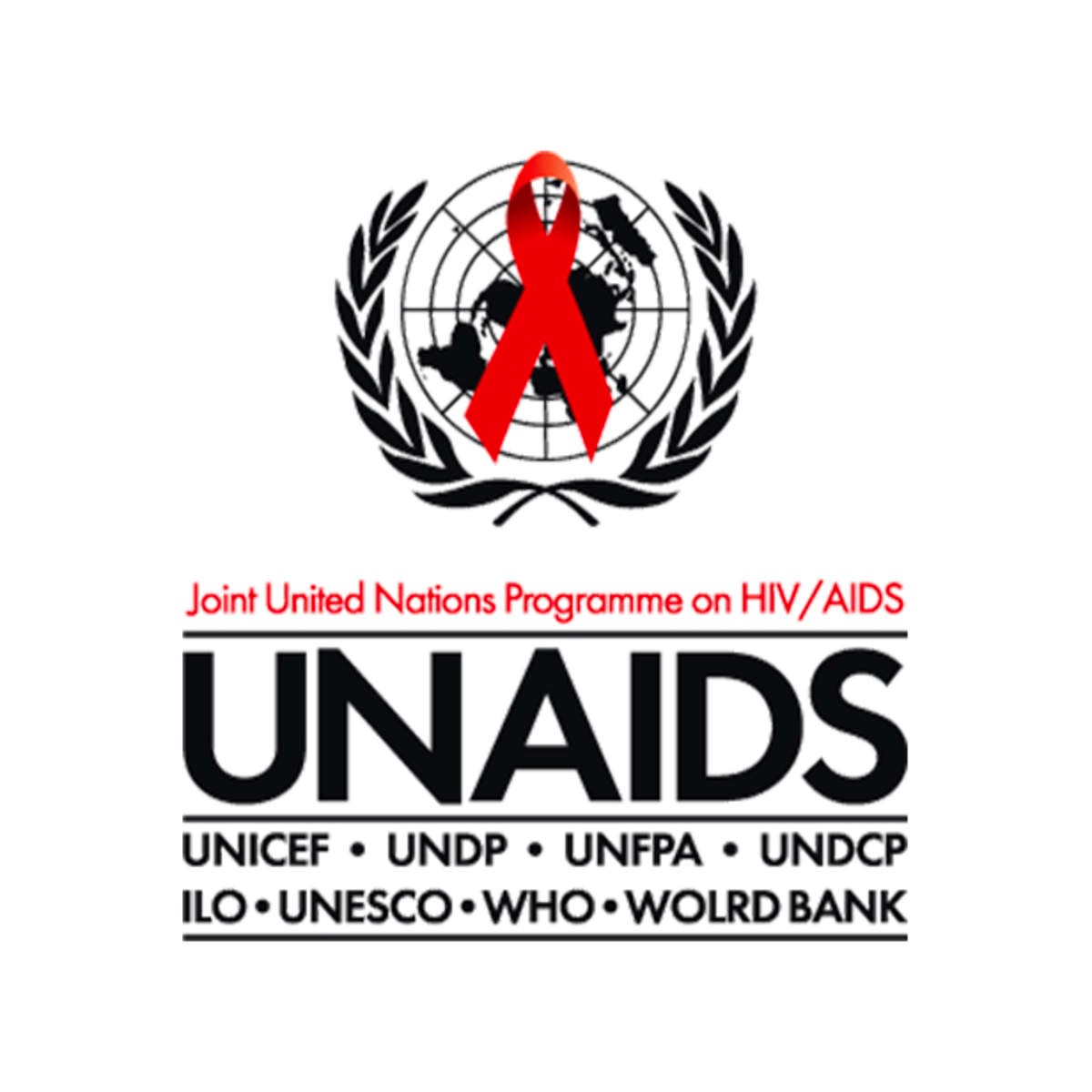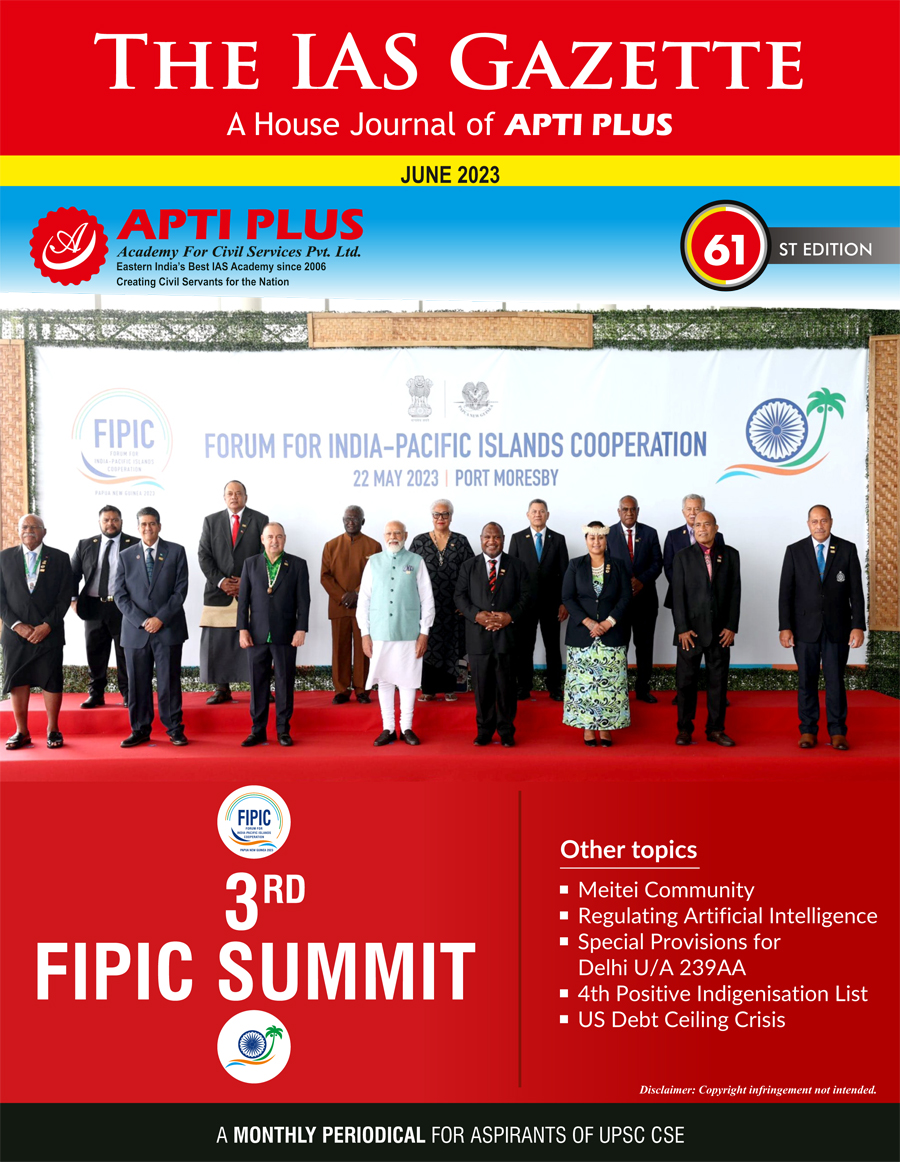Description

Disclaimer: Copyright infringement not intended.
Context
- Celebration of Pride Month, which provides an opportunity to honor and recognize the resilience, diversity, and achievements of LGBTQI individuals.
Details
Importance of Pride Month
- Pride Month provides an opportunity to celebrate the resilience, diversity, and achievements of LGBTQI individuals.
- It is a time to reflect on the ongoing struggle for full equality, dignity, and recognition.
UNAIDS' Message
- UNAIDS emphasizes the collective commitment to human rights, equality, and the urgent need to decriminalize same-sex relationships.
- The agency calls for the decriminalization of same-sex relationships to ensure equality and access to essential services.
Progress in the HIV Response
- Efforts led by key populations have resulted in substantial progress in the global HIV response.
- This progress brings the real possibility of eradicating AIDS once and for all.
Challenges Faced by LGBTQI People
- Discrimination, violence, and stigma against LGBTQI people persist in many parts of the world.
- These challenges limit access to essential services, including HIV prevention, treatment, care, and support.
Impact of Criminalization
- Criminalization of same-sex relationships remains a significant barrier to achieving social justice, equality, and health for LGBTQI
- Such laws perpetuate stigma, contribute to violence and discrimination, and hinder access to vital healthcare services.
Call for Repealing Discriminatory Laws
- UNAIDS calls on all governments to urgently repeal discriminatory laws and policies.
- Creating an enabling legal and social environment that respects and protects the rights of LGBTQI people is crucial.
Decriminalization and Ending the AIDS Pandemic
- Decriminalizing same-sex relationships is seen as a crucial step in the collective effort to end the AIDS pandemic.
- Recent progress includes the decriminalization of same-sex relationships in countries like Angola, Singapore, and Barbados.
Persistent Challenges and Recent Setbacks
- Despite progress, some countries are imposing harsher criminal laws on same-sex relationships.
- Uganda, for example, recently enacted the "Anti-Homosexuality Act," which includes severe penalties, including the death penalty.
International Support and Appreciation
- The High Commissioner for Human Rights, Volker Türk, calls on the international community to appreciate the richness and diversity of the LGBTIQ+ community.
- Their contributions to the human rights movement are recognized and honored.

About UNAIDS
UNAIDS
- UNAIDS stands for the Joint United Nations Programme on HIV/AIDS.
- It is an organization established by the United Nations (UN) in 1994 to lead and coordinate the global response to the HIV/AIDS epidemic.
Objectives
- UNAIDS provides global leadership and advocates for political commitment and resources to address HIV/AIDS. It mobilizes support from governments, civil society, and other stakeholders.
- UNAIDS collects, analyzes, and disseminates data and information on the HIV/AIDS epidemic.
- UNAIDS promotes and supports efforts to ensure that all people have access to comprehensive HIV prevention, treatment, care, and support services. It works to remove barriers to accessing these services.
- UNAIDS mobilizes and coordinates resources from various sources such as governments, donors, and the private sector. These resources support HIV/AIDS programs and initiatives worldwide.
- UNAIDS advocates for the protection of human rights in the context of HIV/AIDS. It promotes gender equality and addresses issues such as stigma, discrimination, and gender-based violence.
|
PRACTICE QUESTION
Q) What is the primary objective of Pride Month?
(a) To raise awareness about HIV prevention and treatment.
(b) To celebrate the achievements and diversity of LGBTQI individuals.
(C) To advocate for stricter laws against discrimination and violence.
(d) To promote global unity and cultural diversity.
Answer: b
|
https://news.un.org/en/story/2023/06/1137262











